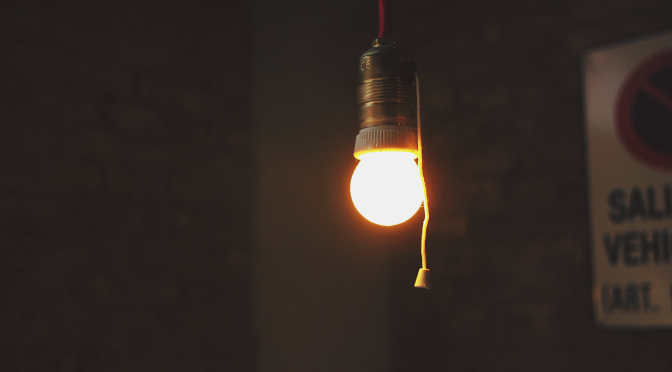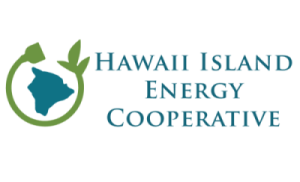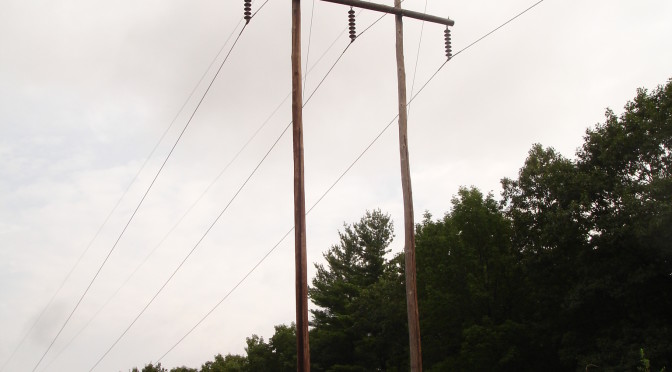Mina Morita is former chair of the Hawaii State Public Utilities Commision. At her Energy Dynamics blog, she wrote the post Let the Consumer Advocate & PUC Do Their Jobs!
I generally agree with what she writes. Referring to a wave of politicians who want to explore a public utility option instead of the proposed NextEra/HEI merger, she writes:
During this time of transformation a well-functioning electric utility requires insightful leadership, nimble and flexible strategic planning and strong analytical capacity.
That is exactly why a group of community leaders and business persons formed the Hawaii Island Energy Cooperative. When the proposed NextEra/HEI merger was announced late last year, we arranged for a briefing by the KIUC folks. It looked very promising, so we formed a steering committee. At that time, though, there wasn’t a willing seller so we waited to see if there would be an opportunity down the road.
The other day I spoke as part of a League of Women Voters forum. I told the moderator, Pearl Johnson, that we decided to use the Wayne Gretsky strategy. Gretsky said to skate to where the puck is going to be, not where it is. That’s an example of insightful leadership. We decided to prepare a co-op option in case an opportunity arose. If we had waited to start when an opportunity came up, it would have been too late.
The co-op model allows for nimble and flexible strategic planning. I told Pearl Johnson that it isn’t the strongest, largest or smartest that survives, it’s the one that can adapt to change.
A board of directors directs a co-op model. In the case of Kaua‘i’s co-op, nine members sit on the board. The terms are staggered and every year three positions become vacant, which allows the co-op to quickly respond to changes. It is especially important now because declining natural resources require us to be nimble, flexible and strategic, as Mina points out.
What we should consider is which business model will give the next generations tools they need to cope in an uncertain future.
There are many qualified people the board can hire to help with technical analyses.
The HIEC is not opposing the NextEra/HEI merger. What we are doing is positioning ourselves to be a viable option.
The Big Island has a huge advantage in working to achieve 100 percent renewable energy. We already have 40 percent renewables, and HELCO itself projects 92 percent renewables by 2030. It appears that we could probably avoid LNG entirely.
When I visited Iceland several years ago, they showed us an oil-fired plant that had been on standby since the 1970s. We could do that, too. I don’t see many opportunity costs foregone. If we change nothing at all, the co-op model would still have the advantage of some tax savings.
If we are successful in acquiring HELCO, we will need legislators to work with us to make legislation that will encourage the usage of “curtailed” (thrown away) power.
As we move toward the future of 100 percent renewable energy, we must remember that this is about all of us, not just a few of us. The co-op has an incentive to lower costs.
So yes, we do agree with Mina. We’re waiting.



